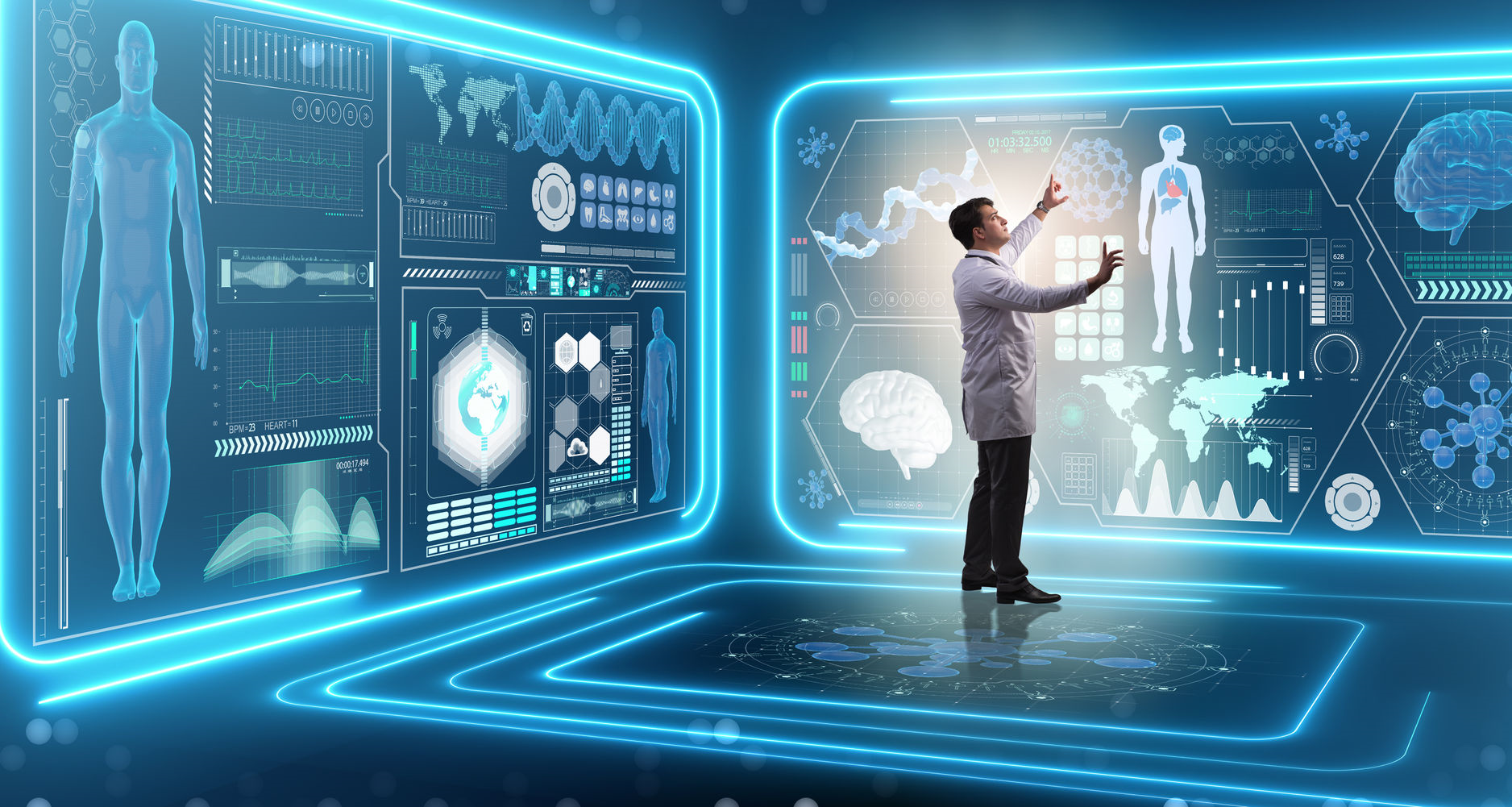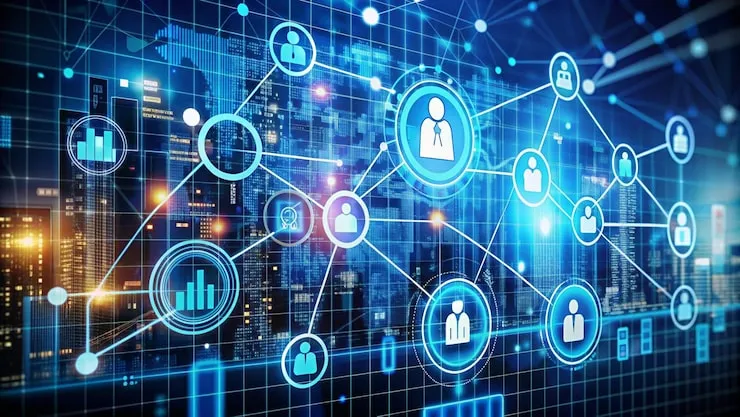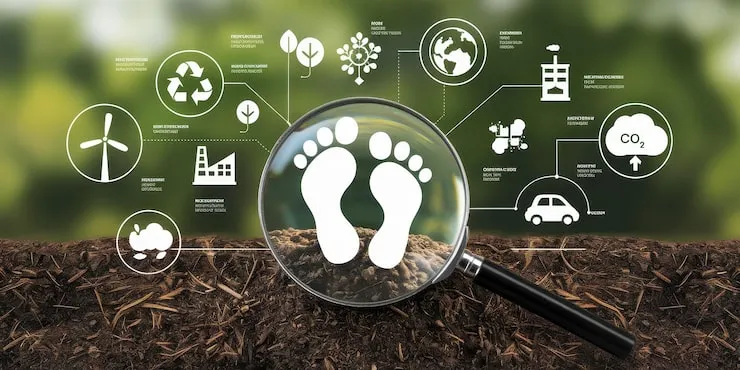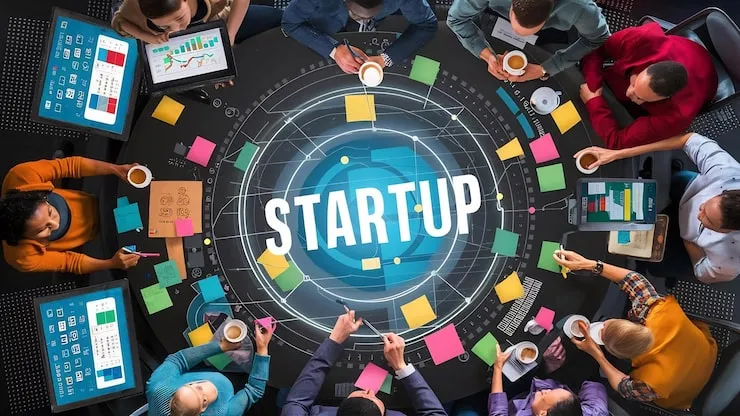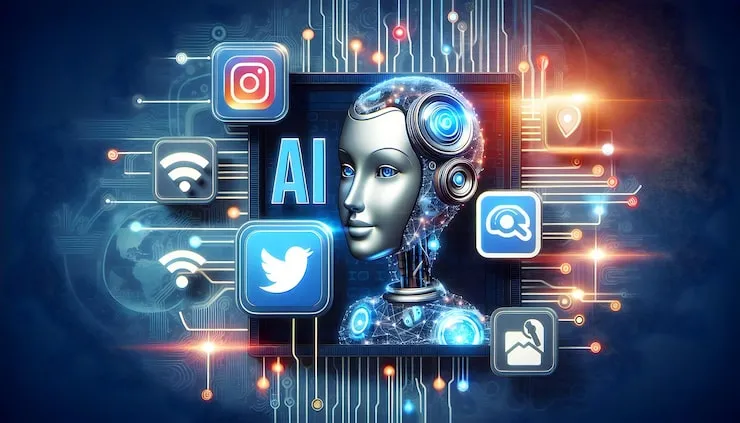New technologies such as artificial intelligence (AI) and machine learning are transforming almost every industry, including healthcare, which accounts for 11% of global GDP or $9 trillion each year. From the development of drugs and vaccines to the development of diagnostics and treatments, these technologies are used at all levels of the value chain, increasing the value of all treatments.
- New technologies, such as artificial intelligence and machine learning, are changing almost every sector, including healthcare.
- As the forum introduces the group of Tech Pioneers of 2023, we ask the nominees the following questions:
- How do you think new technologies, such as artificial intelligence and machine learning, are changing health outcomes around the world?
As the World Economic Forum launches the 2023 Technology Pioneers cohort, we asked the six selected how these emerging technologies are changing global health outcomes. This is what they said:
Prioritizing privacy and security is essential
Emerging technologies like artificial intelligence and machine learning are revolutionizing global health outcomes. These advances can improve medical diagnosis, treatment and healthcare. AI algorithms can catalyze rapid analysis of health data, leading to accurate diagnoses and timely interventions. Predictive models powered by artificial intelligence are capable of recognizing patterns and trends, helping prevent diseases and creating personalized treatment plans.
However, prioritizing privacy and security is critical. All AI/machine learning solutions must meet strict privacy standards, protecting patient confidentiality and data. The integration of artificial intelligence and machine learning in healthcare, combined with privacy-enhancing technologies, shows great promise. Responsible use, together with privacy, can transform global healthcare, improve patient care, and close health gaps for a healthier, more just world.
"AI hopes to revolutionize diet tracking"
Artificial intelligence is having a huge impact on global healthcare, where personalized data is increasingly important for preventive medicine and precision medicine.
Artificial intelligence can be used to increase productivity and efficiency by automating tasks such as dietary tracking. You can also renew the user experience by offering personalized information and solutions. For example, Nuvilab's artificial intelligence technology can be used to analyze eating habits and generate reports on the nutritional content of menus on personal mobile devices. Especially people suffering from chronic diseases, growing children and the elderly living in residential institutions need this solution.
In healthcare, diet is often recorded using the 24-hour recall method, which is quite subjective and has a limited sample size. AI can be used to improve the accuracy and objectivity of diet recording and reduce costs. This is how artificial intelligence is changing the field of nutrition and precision healthcare.
AI technology is expected to represent a breakthrough in food record keeping, enabling the accumulation of personalized data beyond the limitations of existing dietary data. This will provide new knowledge and lead to better results in the field of global healthcare.
"We can create a future where quality care is not the privilege of a few"
Andrés Lawson, general director, Osana
In the face of complex and urgent global health challenges, emerging technologies such as artificial intelligence and machine learning are transformative forces that will make healthcare more accurate, accessible and financially sustainable.
Artificial intelligence and automation bring operational impact to healthcare facilities, improving efficiency and results. By increasing the supply and scalability of healthcare professionals, they have the potential to transform healthcare. For example, AI algorithms can analyze medical imaging data to identify early signs of diseases such as cancer, often with greater accuracy than human doctors and at a lower cost. This allows for earlier and more effective treatment that could save millions of lives.
However, you need to act proactively to protect against unintended consequences, which means putting safety and people first when developing and implementing these models. Technical challenges such as privacy, bias, and reliability need to be deliberately addressed. It is critical to collaborate with key ecosystem stakeholders to certify models and develop governance structures for responsible healthcare overall intelligence.
As we stand on the edge of this exciting new frontier, the vision of a healthier world powered by artificial intelligence and machine learning is within our reach. These technologies promise a transformative leap in our landscapes.
AI and machine learning will take healthcare to the next level
The convergence of continuous physiological data on lifestyle and environment rapidly leads to in-depth phenotyping. Combining this with the power of genomics, machine learning and artificial intelligence will take healthcare to the next level.
We at Bloomer Tech focus on examining the female cardiovascular system because for pregnant women, even over 30, with gender bias, it is still difficult to diagnose and treat celestials and therefore to get results. The generation of new digital biomarkers will change this scenario and impact global health outcomes, especially for diseases and conditions that disproportionately impact the diversity of women in differentiating, if not disproportionate, ways.
Inspired by the ongoing technological changes that are taking us from the experience of seeing only photos through chemical processes and films, to the possibility of obtaining unlimited and accessible images through compact digital cameras and easy to use, we are on the right track. address
We are moving away from valid but obscure biomarkers that only women can transform through chemical processes in the laboratory, and towards artificial intelligence trained on basic data integrated over time, from everyday clothes to bras. .
The impact of ubiquitous access to data will be enormous. Being able to read and analyze data when it's needed most, rather than just starting a sequence when it's too late, will impact the health of people everywhere, enabling proactive care and preventive.
"It's time for computational embryology."
IVF has revolutionized reproductive health care, but it relies heavily on skill and experience. The main dilemma in IVF is which embryo can be healthy. The evaluation of the embryo by experts is based on the subjective analysis of men.
Let's step into the future and look at another approach: a machine that provides new insights into key development issues, recognizing things the human eye can't see, combining data from different sources to produce an accurate result. be than before. ..all human embryologists. custom. Now is the time for computational embryology, getting machines to do what we can't, and working together as a team. Alan Turing talked about machines against machines. fire fire At the AIVF, we talk about a man-machine team. We will harness our AI models to deliver better medicines, deliver better care, lower barriers to entry, and give everyone better access to better care.
A year ago, it was a miracle that the history of IVF existed. An IVF clinic predicted the birth of its first IVF baby after embryo evaluation and selection of an AI model. It is no longer a dream: it is here to stay and we have to accept it.
“Drug development cycles are becoming more efficient through the use of artificial intelligence.
Alok Anil, Founder and CEO of Next Big Innovation Labs
The global health ecosystem is rapidly shifting towards an industry focused on personalized medicine and, therefore, gender-centric. Rapidly growing biological threats, such as the recent COVID-19 pandemic, require a complete overhaul of research and development in the pharmaceutical and healthcare sectors. New artificial intelligence techniques can help process large data sets associated with the pharmaceutical and healthcare industries and create case-specific machine learning algorithms to achieve labor-intensive processes . Governments and companies save time and money on research, while remaining efficient in R&D processes.
MedTech devices such as 3D bioprinters with artificial intelligence chips, which can be used around the clock to produce tissue on demand, could soon become the new standard for bioprinting in environments such than space. Drug development cycles are becoming more efficient with the future use of artificial intelligence for drug development. Rapid development therefore means bringing essential, life-saving medicines to market in the process of being developed.
The United States Food and Drug Administration announced

